In September, venture capital investment in African startups surged, with 58 companies collectively securing $140 million. Data from Africa the Big Deal, a leading analytics firm tracking African venture funding, reveals this amount marks a significant 50.5% rise compared to the $93 million raised in August.
Although this figure falls short of the $550 million amassed in July, September’s funding represents a recovery from August’s downturn, which was the second-lowest month for startup investments in 2025, only ahead of March when funding barely exceeded $50 million.
While the September 2025 total remains somewhat below the yearly average, it closely mirrors the $146 million raised in September 2024 and surpasses the $124 million recorded in September 2023.
Overall, September proved to be a respectable month for African startup funding.
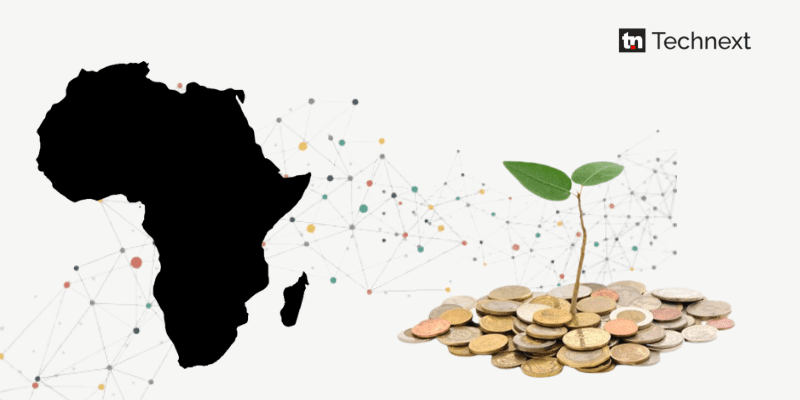
The $140 million raised in September was driven by 58 startups that each secured at least $100,000, marking a remarkable 77.7% increase in the number of funded startups compared to August’s 33.
In fact, September recorded the second-highest count of startups receiving investments in 2025, trailing only July, when 61 startups attracted $550 million in capital.
Kredete from Nigeria Tops Funding Charts
Following August’s trend where Nigerian startup Koolboks led funding rounds, September saw another Nigerian company take the spotlight. Kredete, a fintech firm dedicated to helping African immigrants establish credit and access financial services, secured $22 million in a Series A round aimed at expanding into European markets.
This funding round was supported by AfricInvest through its Cathay AfricInvest Innovation Fund (CAIF) and Financial Inclusion Vehicle (FIVE), alongside contributions from Partech and Polymorphic Capital. With this capital injection, Kredete plans to extend its reach to Canada, the UK, and other key European regions.
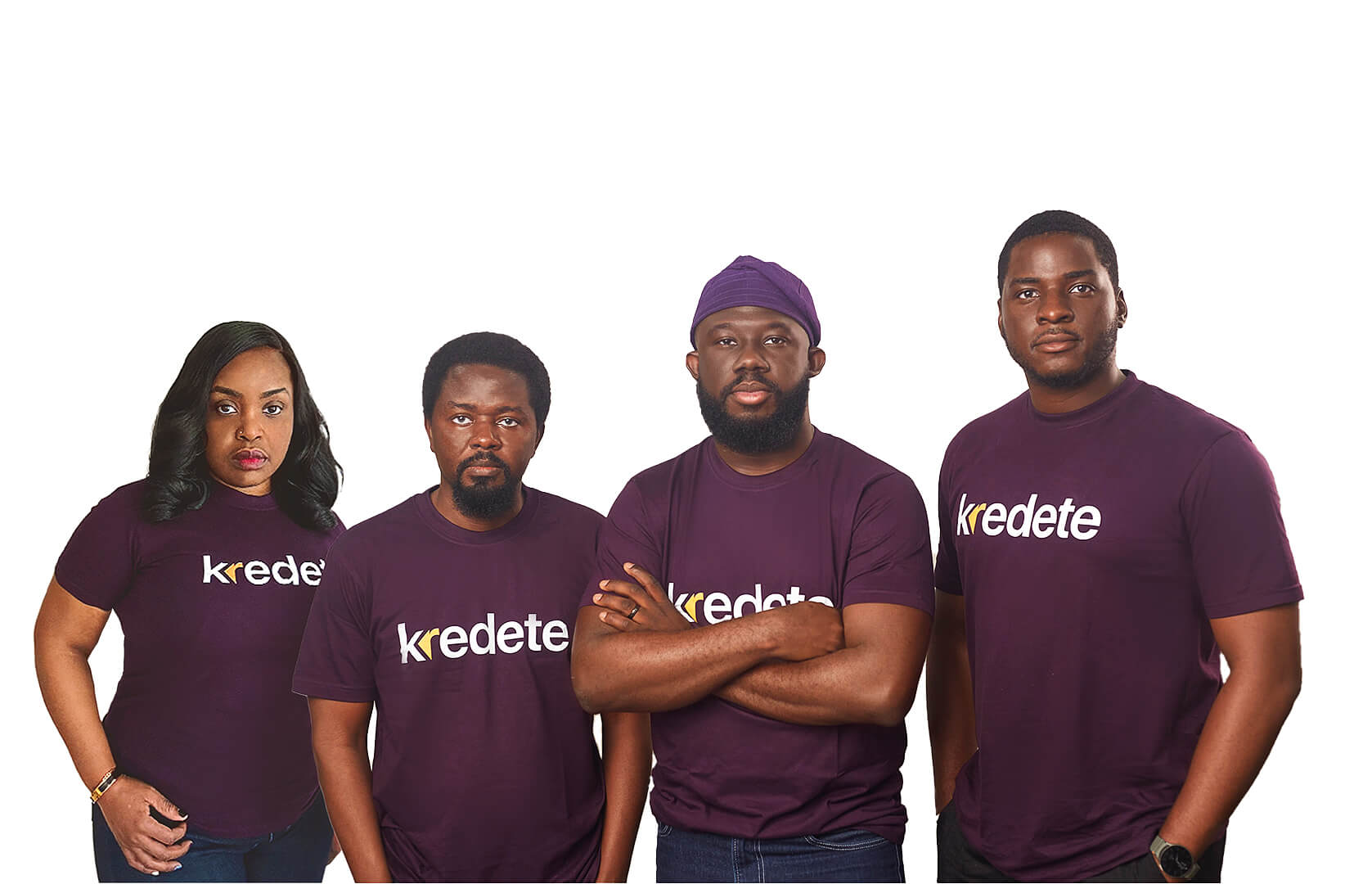
South Africa’s Pura Beverage, although not a traditional tech startup, also attracted venture capital, raising $15 million in a Series B round. These funds will be used to boost global market penetration, enhance brand visibility, and support marketing efforts.
The investment will further enable Pura Beverage to expand product availability in major retail outlets, primarily in the United States, as well as other international markets.
Another South African company, Contractable, specializing in digital identity solutions, raised $13.5 million. Led by Venture Capitalworks with backing from Fireball Capital, Ke Nako Capital, and Mavovo, this funding will facilitate platform growth and the launch of new products across African markets.
Egypt’s Intella, an AI-driven speech intelligence startup, secured $12.5 million in an oversubscribed Series A round. Led by Prosus and supported by investors including 500 Global, Wa’ed Ventures, Hala Ventures, Idrisi Ventures, and HearstLab, the funds will accelerate Intella’s goal to develop a digital AI workforce for Arabic-speaking regions. The capital will also be allocated to research and development, product diversification, and regional hiring.
Rounding out the top five funded African startups in September 2025 is The Invigilator, a South African edtech company that raised $11 million. Led by Kaltroco Partners and investors from Nashville, Zurich, and Cape Town, this funding will help scale its AI-powered educational solutions beyond Africa.
African Startups Surpass $2.2 Billion in Funding for 2025
The year 2025 is shaping up to be a landmark period for venture capital in Africa, with total investments in startups reaching $2.2 billion. This figure nearly matches the entire amount raised in 2024, achieved with three months still remaining in the year.
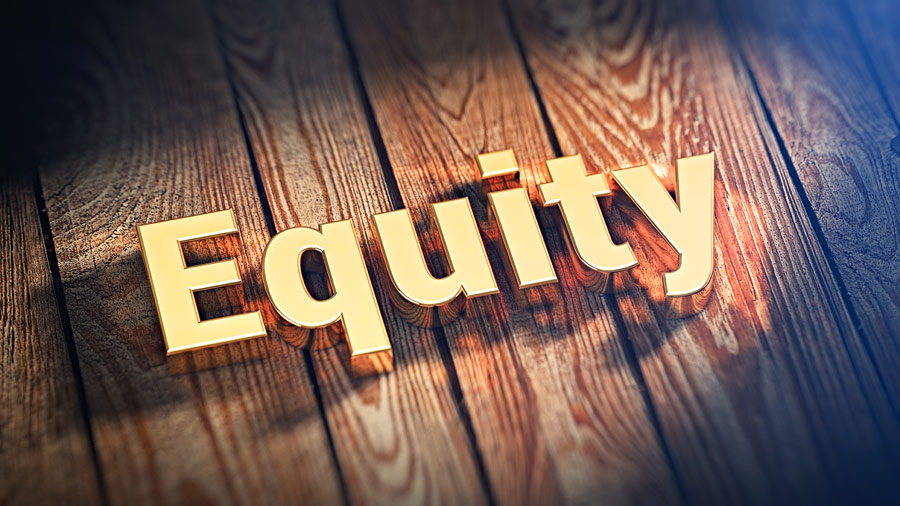
Breaking down the funding by quarters, the second quarter leads with $963 million raised between April and June. The third quarter follows with $785 million, while the first quarter remains the least funded at $461 million, impacted by March’s slow $50 million investment month.
Regarding funding types, equity investments continue to dominate, accounting for 75% of September’s $140 million total, or $105 million. Debt financing contributed $32 million, and grants made up $3 million.
This distribution aligns closely with August’s funding pattern, where equity also represented three-quarters of the $93 million raised. This contrasts with July’s funding, which was predominantly debt-based.


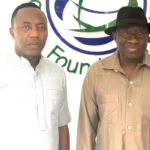
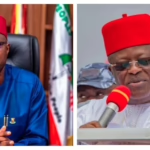

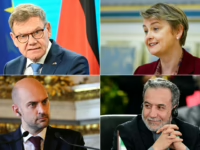
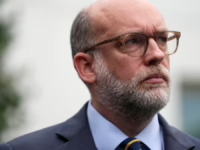
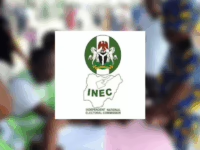



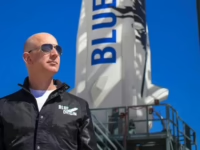

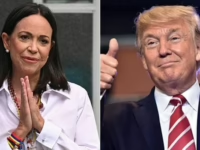

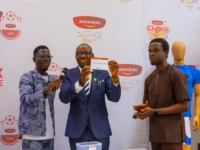


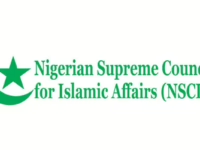


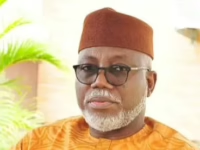

0 Comments